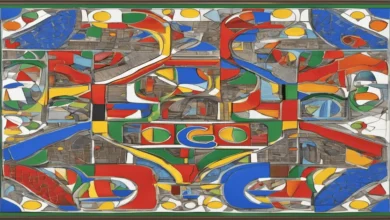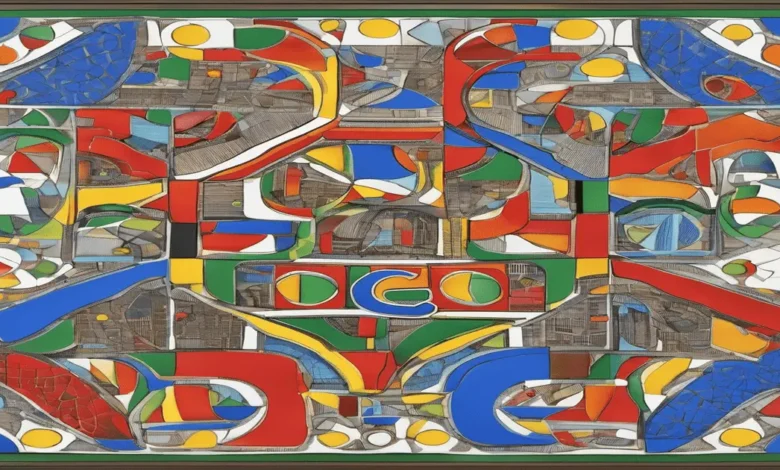Business
March 5, 2024
Unveiling the Truth: Biberk Google Reviews
In the wide ocean of online, where opinions flow like currents and reviews fluctuate like…
Business
March 5, 2024
Mastering the Basics: A Step-by-Step Guide to Setting Up Your 1st Ad Campaign on LinkedIn Ads Business Manager
Introduction:In the competitive world of digital advertising, leveraging platforms like LinkedIn Ads Business Manager can…
Business
March 4, 2024
The Ultimate Guide to Crafting a Complete Business Plan with Financial Plan
In this fast-changing environment of today’s business world, it is impossible to prosper without preparing…
Business
March 4, 2024
10 Popular Questions About Ready Business Plans for Investors
SEO copywriting is a type of service that is often required in the process of…
Business
February 25, 2024
Unlocking Opportunities with the US Chamber of Commerce: A Comprehensive Guide
Introduction The US Chamber of Commerce stands as a pivotal entity in the American business…
Business
February 24, 2024
Top 20 Questions for How to Set Up a Google Business Page
In today’s digital age, establishing a strong online presence is crucial for businesses of all…
Business
February 24, 2024
Biberk Google Reviews Exposed: What You Need to Know
Introduction to Biberk Ratings and Reviews In today’s digital age, where consumers are inundated with…
Business
February 24, 2024
best benefits you need to know Biberk Google Reviews
In today’s digital age, online reviews play a pivotal role in shaping consumer perceptions and…
Marketing
February 23, 2024
Fortify Your Business: General Liability Insurance for Contractors
Introduction to General Liability Insurance for Contractors Contractors, in industries rely on liability insurance as…
Business
February 18, 2024
Mastering Meta Tags: A Comprehensive Guide to Boosting Your Visibility on Facebook Business Manager
Introduction: In today’s digital landscape, establishing a strong online presence is essential for businesses striving…










